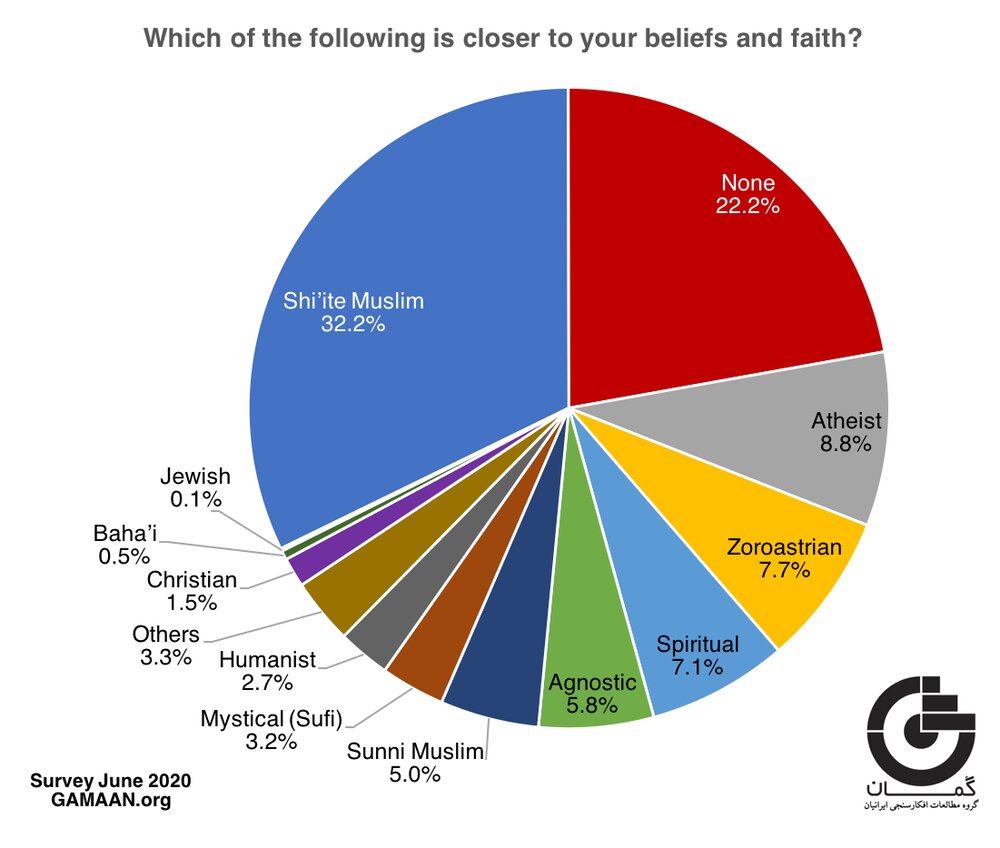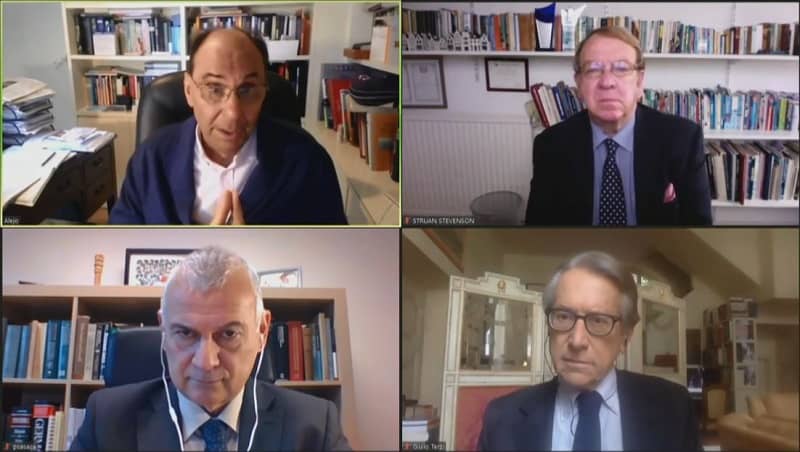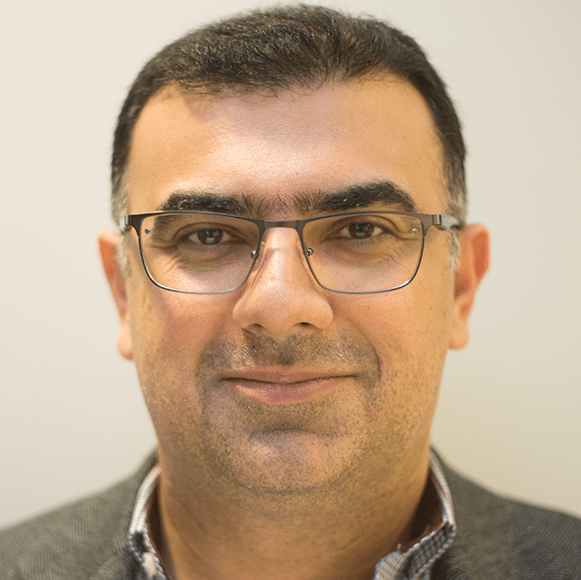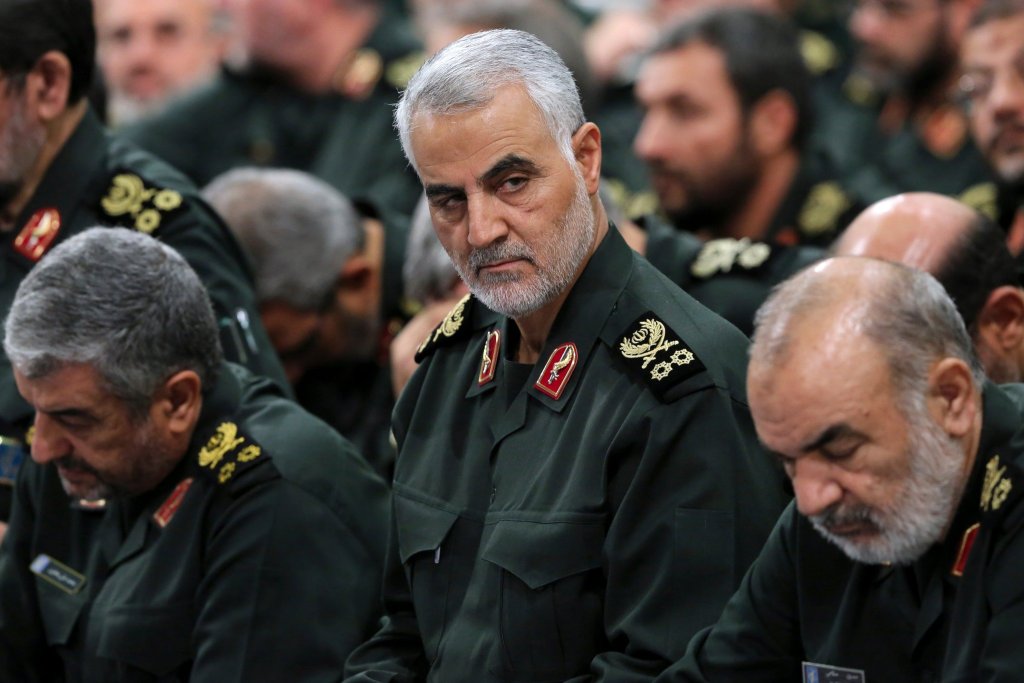The coronavirus crisis in Iran has opened up an internal fight between the government and its Revolutionary Guard
Fri 15 May 2020Iran's elected government under President Hassan Rouhani is embroiled in an internal power struggle against hardline factions of the Islamic Revolutionary Guard Corps for control of the country's response to the COVID-19 crisis.
- 4526





